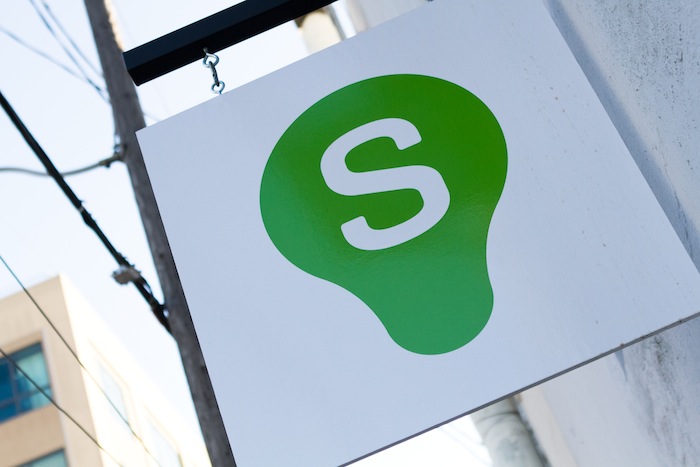The two biggest websites in the world wide web are free to the user. This fact about Facebook and Google often gets overlooked. And Wikipedia too. Remember when Encyclopedia salesmen used to sell door-to-door, lugging around volumes upon volumes? Time’s have changed. The weight of your encyclopedia is as light as your SmartPhone, and by the way, it’s free. What other industry does not charge for its most popular products?
Most industries do business online. The percentage of transactions and services within many industries – including the $400B recruiting industry – that are now taking place online has never been higher. Business solutions are finally catching up to the way consumers use the internet. If software as complex as Facebook’s is free to the individual, why would complex software not be free to the business? This is consumerization.
Businesses exercise the best service in use by individual; this is consumerization. And it is happening at an internet connection near you. Whether at home, in the office, or writing emails on the bus, the modern internet user is accustomed to free functionality and information. Facebook and Google are free because other websites pay them for the chance to a viable option when the user leaves Facebook or Google, or pays for something within Facebook or Google. These other websites generally sell goods, services or advertisements, and one way or the other, they pay (or sacrifice time to) Facebook and/or Google in order to be listed as a hyperlink or featured as an application.
SaaS (Software as a Service) is the gateway to the portions of many industries that are also portions of the internet industry. People often pigeonhole Facebook as a Social Networking site, but be wide eyed, Facebook has some of the most functionality rich software on the internet; Facebook is also SaaS. Gmail is also SaaS. At SmartRecruiters, we believe SaaS should be free. The user wins! Here are the three major benefits to free recruiting software:
-
- Free Unlimited Users. Every user has value in spreading the product and brand. Penalizing an organization for involving the relevant workers in the hiring decision is simply bad business. When a business actually needs to hire, whoever will be working together should have the option to comment on the potential candidate. On Facebook, all are welcome to signup, and anyone can create unlimited number of pages. If you want to share your input, you should be able to do so without the barrier of cost.
-
- Open to Partnerships. The open platform has an inherent need for partners in order to monetize. This creates a healthy competition for: who is the best partner? Who wants only one channel on their TV or only one band in their iTunes? Variation of services is essential to a complete experience. In the social web, comparison of services is a given, whether you are purchasing a hair dryer on Amazon, uncovering the best local Thai restaurant on Yelp, or choosing which job board to post on for your open accountant position in Lansing, the reviews and results of people who have done this before greatly influence your decision going forward.
- You’re Already Doing it (Consumerization of Free SaaS). After Facebook became big, the businesses said, ‘Hey, let me in!’ And Facebook business pages emerged (you can also post jobs for free on Facebook). Gmail stayed in beta for six years, perfecting the product for the individual. Today, many businesses, especially small businesses – the lifeblood of our economy – use Gmail to power their communication. Shortly after Wikipedia became a reputable source, businesses began inputing their story into the Wikipedia’s collaborative software in order to become a part of the world’s encyclopedia. If people do it, businesses follow.
The business of fees per user, subscriptions, is becoming more irrelevant by the minute because the modern business values your time. The opportunity cost to do business, the meeting per se, should not by default be absorbed by the consumer. With modern SaaS, the knowledge of software itself (and not the copy & video of the product page brochure) is the meeting. The software is the organizational process that gets you the relevant information, consolidates your collaboration, and tells if you are interested in that – you just may – want this service.

